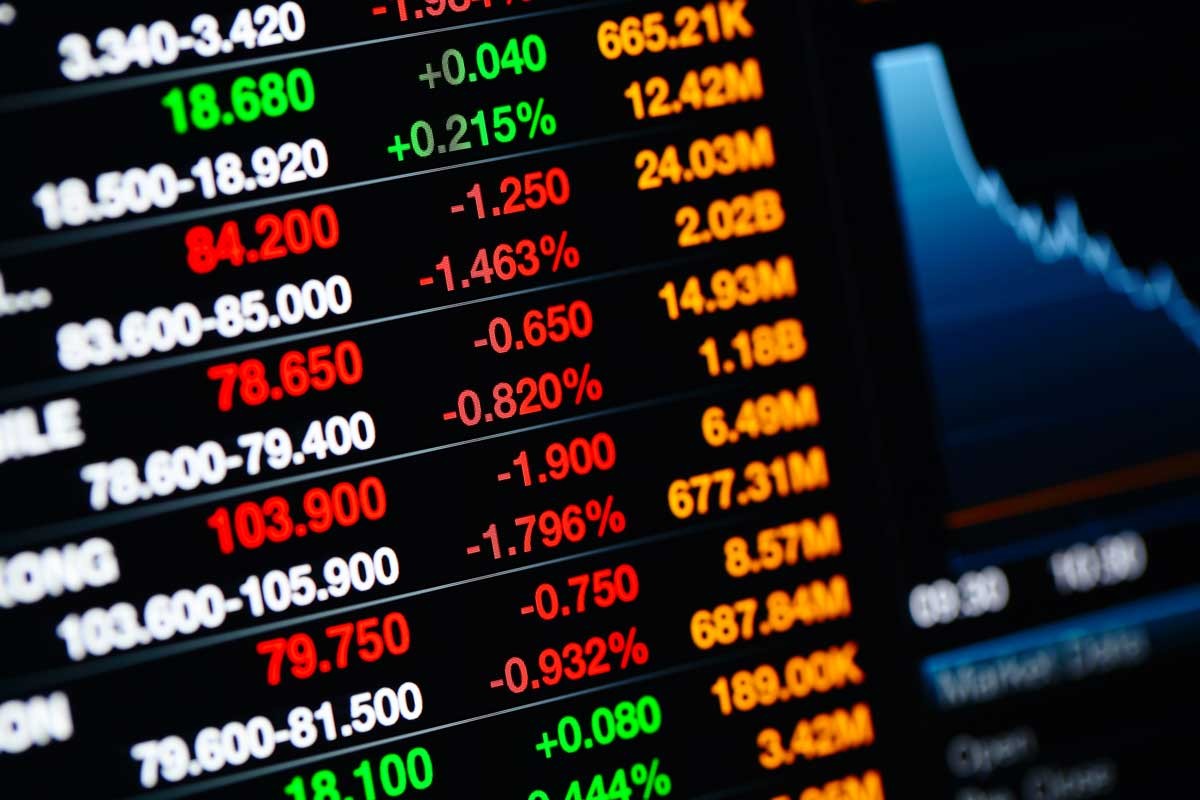Stop Awaiting the Fed
The first quarter of the new year has brought us small positive returns in many of the U. S. and global indices, and more than the usual amount of anxiety along with them. Meanwhile, global markets are showing signs of life.
If you were watching the markets day to day, you experienced a mild roller coaster, what trading professionals refer to as a sideways market. One day it was up, the next down, each day (or week) seeming to erase the gains or losses of the previous ones. The best explanation for this phenomenon is that investors are still looking over their shoulders at interest rates, waiting for bond yields to jump higher, making bonds more competitive with stocks and triggering an outflow from the stock market that could (so the reasoning goes) cause a bear market in U. S. equities.
However, investors have been waiting for this shoe to drop for the better part of three years, and meanwhile, interest rates have drifted decidedly lower in the first quarter.This interest rate watch has created a peculiar dynamic where up is down and down is up in terms of how traders and stock market gamblers look at the future. The generally positive economic news is greeted with dismay (The Fed will start raising rates sooner rather than later! ) and any bad news sends the stock market back up again into mild euphoria (The Fed might hold off another quarter! ).
There are several obvious problems with this. First, probably least important, the Fed's future actions are inscrutable. You will hear knowledgeable Fed-watchers say that the Fed will take action as early as June or as late as next year, and none of them really know. Second, small incremental rises in interest rates are not closely associated with bear markets, as everybody seems to assume. Finally, we should all welcome the Fed pullback, not fear it. A lot of the uncertainty among traders and even long-term investors is coming from anxiety over how this experiment is going to end. The U. S. Central bank has directly intervened in the markets and in the economy, and is still doing so. When that ends, normal market forces will take over, and we'll all have a better handle on what "normal" means in this economic era. Is there great demand for credit to fuel growth? Would retirees prefer an absolutely certain 4. 5% return on 30-year Treasury bonds or the less certain (but historically higher) returns they can get from the stock market? These are questions that all of us would like to know the answer to, and we won't until all the QE interventions have ended.
What DO we know? The U. S. economy is less dependent on foreign oil than at any time since 1987, and the trend is moving toward complete independence. Oil—and energy generally—is cheaper now than it has been in several decades, which makes our lives, and the production of goods and services, less expensive.
Meanwhile, more Americans are working. The U. S. unemployment rate—at 5. 5%—is trending dramatically lower, and is now reaching levels that are actually below the long-term norms. Unemployment today is lower than the rate for much of the booming '90s, and is approaching the lows of the early 1970s.
And real GDP—the broadest measure of economic activity in the United States—increased 2. 4% last year, after rising 2. 2% the previous year.America is growing. Not rapidly, but slow growth might not be so terrible. Rapid economic growth has, in the past, often preceded economic recessions, where excesses had to be corrected. Slow, steady growth may be boring, but it's certainly not bad news for the economy or the markets.
It has been said that people lose far more money in opportunity costs by trying to avoid future market downturns while the markets are still going up, than by holding their ground during actual downturns. And, in fact, in every case so far, the U.S. market has eventually made up the ground it lost in every bear market we've experienced. The last trading day of the quarter looked bearish, as have many other gloomy trading days during this seven year bull market. It seems like every week, somebody else has predicted an imminent decline that has not happened. People who listened to the alarmists lost out on solid returns. You filter out the good news at your peril.
As always, please feel free to contact us with questions or if you would like to review your accounts – we'd be happy to speak or meet with you.
About the author
By accepting you will be accessing a service provided by a third-party external to https://www.attentiveinv.com/

Comments